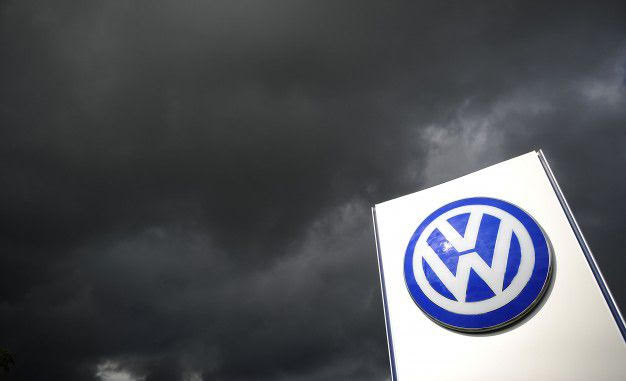The centralisation and concentration of both capital and power means that corporations can withstand scandals and continue to retain the support of both the state and shareholders. It takes something really massive and rare for an Arthur Andersen, Enron or Lehman Brothers to happen. Here are a few recent scandals that are unlikely to break the corporations.
Share prices drop, certainly, but they tend to recover over time, with little long-term impact on profits. Credit Suisse looked at this in detail and found that for 5,400 instances of a drop of more than 10 per cent in share price, two-thirds of that value was regained over the next ninety days.
The most recent scandal is, of course, that of Facebook and Cambridge Analytica. According to a whistleblower, Cambridge Analytica used illegally obtained data from the Facebook accounts of about 50 million users to influence the Brexit referendum result. They have also been implicated in illegal connections between Donald Trump’s election campaign and his super-PACs, “political action committees” that raise funds for campaigning and propaganda, with no limit, from individuals and corporations but are not supposed to make contributions directly to candidates or parties.
The fall-out for Facebook is unfolding, but such is its dominant position in social media that it is unlikely to sound the death knell of this corporation.
In 2010, and not for the first time, BP was embroiled in an environmental disaster when its rig Deepwater Horizon exploded in the Gulf of Mexico, creating an environmental catastrophe. BP apologised, took an immediate hit in share price, but remains the sixth-largest oil and gas company, and remains part of the seven oil and gas monopolies.
In 2015 the Environmental Protection Agency in the United States found that Volkswagen had been systematically cheating in emissions tests on its diesel cars since 2008. The company has been fined close to $4.3 billion, and six executives are facing charges, while 30,000 workers will pay with their jobs. Volkswagen suffered a fall of 37 per cent in its share price, but it remains the world’s largest car manufacturer.
Earlier this year the Federal Reserve System (the US central bank) imposed fines and also a cap on growth against Wells Fargo for its systematic abuse of customers and mis-selling. With about $2 trillion in assets, Wells Fargo is the pride of the American banking industry. Yet while winning many awards for its innovative risk management it was systematically abusing customers, staff, and the rules, cheating to maximise profits.
These recent examples of corporate scandals—only the tip of the iceberg—are evidence that monopoly positions within capitalism mean that corporations can cheat and lie and still retain their position of power globally.






